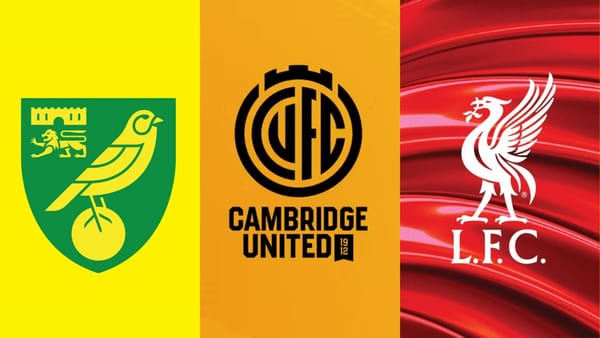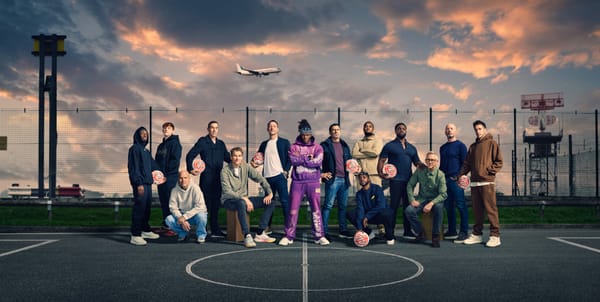F1 needs to embrace the spirit of digital

It’s March. That can only mean one thing: Formula 1 is back for another 20(ish) races of high speed, high drama and high farce.
And while the sport will undoubtedly dominate TV and radio during Grand Prix weekends there’s still one avenue which has been neglected.
There’s not much Bernie Ecclestone, billionaire chief executive of F1 and renowned evil genius, claims to not be able to do but last November he shocked the world with an alarming admission that his powers only extend so far.
“You’re right that we should use social media to promote Formula 1. I just don’t know how.”
Well, knock me down with a feather. The man who masterminded the rise of what was a popular but relatively niche spectacle into a billion dollar business has finally been beaten. By Facebook no less.
Of course it’s not quite that simple. F1’s lack of interest in making the most of the digital arena is driven by more than just a lack of expertise.
“You have a brand that you want to put in front of a few hundred million people, I can do that easily for you on television. Now, you’re telling me I need to find a channel to get this 15-year-old to watch Formula One because somebody wants to put out a new brand in front of them? They are not going to be interested in the slightest bit.
“Young kids will see the Rolex brand, but are they going to go and buy one? They can’t afford it. Or our other sponsor, UBS – these kids don’t care about banking. They haven’t got enough money to put in the bloody banks anyway. That’s what I think.”
Oh dear. It sounds like Mr Ecclestone won’t be changing tack until moneyed teenagers start to take an interest in timepieces and personal finance. We could be waiting a while, however unfortunately for Mr Ecclestone that’s time that neither he nor the sport has.
Formula 1’s viewing figures has been in decline for a number of years now, finally dipping below 500 million a race in 2013. A mix of half-baked, needless complicated rule changes and one-sided seasons have turned viewers off. Lack of viewers means a shrinking number of sponsors willing to pay massive money and as a result all but the very biggest outfits are struggling to make ends meet. Fears about the number of teams on the grid became so severe towards the end of last season allowing a certain manufacturers to run three cars was seriously discussed, because past experience tells us that no one wants to see half a dozen teams trundling around a very empty looking piece of tarmac.
To understand Ecclestone’s attitude you need to understand the man’s past. His empire is built on TV rights and he has worked tirelessly over a number of decades to maintain the sanctity of them. That’s understandable when companies like Sky pay sums like up to £25 million annually for them, however its now proving counter-productive. As the sport struggles his ways look old fashioned. For the first time in his controversial reign his commercial savvy is being called into question.
It would be a lie to say that Formula 1 hasn’t touched digital. It has invested a lot of money in a new website for this season and the sport’s official app has been downloaded by millions of fans. The problem is that its forays into it feel, well, cynical. Take the aforementioned products. Rather than innovate there’s been a move to put functionality that was available online and was previously free behind a paywall. Sound familiar F1 fans?
Over the winter the sport also teamed up with Twitter to try and increase the visibility of the brand on the platform during the 2015 season. How will it pan out? It’s far too soon to say but even if this is the start of F1 fully embracing the technology it still has some way to go to embrace the spirit of digital.





